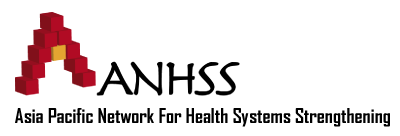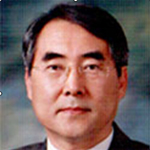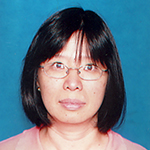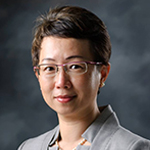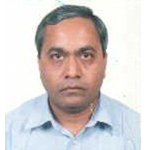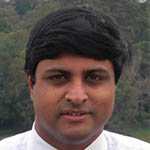Overview
The Equity Cluster aims to strengthen capacity in the Asia-Pacific region and countries to use contemporary concepts, methods and knowledge to understand and assess inequities in health systems, identify determinants and drivers of inequities, and implement effective policy and health system responses to achieve more equitable health systems. The equity cluster seeks to do this by strengthening the capacity, skills and knowledge of policy-makers, managers and technical experts in Asia-Pacific countries through training founded on global and regional best practices, through training-of-trainers activities, and strengthening the capacity of regional training institutions and network members to support these objectives.
A core focus of the equity cluster training effort is to enable professionals to speak a “common language” about equity in health and health systems, to understand why equity should be important, and to achieve deeper understanding of what drives equity in health and health systems, and the role of value judgments.
Under this cluster we offer 2 course
- Flagship Course on Equity and Health Systems
- Analyzing Health and Healthcare Inequalities Methods Course
Flagship Course on Equity and Health Systems
This week long course will provide participants with an understanding of how to assess and act on equity issues in their health systems. The course content is built around the WBI Flagship framework, and aims to help participants think about why equity in health is important, to identify methods and tools for assessing equity, and policy options to achieve more equitable, pro-poor outcomes.
We seek for our programme to be a convivial and collegial base. We hope to engage participants in our learning activities and will contribute through our seminar and discussion sessions. We believe that partnerships and exchange are the best ways of developing longer term relationships which promote excellence in research and collaborations, and help to promote improved health status. We are happy to work with you to achieve this important outcome.
Upon completion of the cluster’s main course, participants should have developed the skills to :
- Understand and assess the equity performance of their own health systems, across a range of dimensions including financing, financial protection, service delivery and health outcomes;
- Understand what criteria and indicators can be used to assess health systems’ equity performance, and be familiar with the tools and resources available to measure them;
- Have learn about key global experiences in thinking about and navigating the political challenges of making health systems more equitable.
- Understand potential policy responses and interventions to improve equity in health systems, and be able to develop action plans for their own countries.
Training provided by the equity cluster will draw on global knowledge and perspectives, but will emphasize their illustration through Asian experiences, so as to give participants both a global and regional perspective on the issues.
Statistical methods for health systems equity analysis
This week long course will teach participants how to analyze health equity using household survey data. The course content will provide an overview of the relevant theory and recent research in the field, explanation of the purpose and use of key equity measures, and concrete exercises and hands-on tutorials using standard methods, so that participants develop expertise in the quantitative techniques for health equity analysis, including production of key equity indicators. We seek for our program to be a convivial and collegial base. We hope you will participate in our learning activities and will contribute through our seminar and discussion sessions. We believe that partnerships and exchange are the best ways of developing longer-term relationships, which promote excellence in research and collaborations, and help to promote improved health status.
The course is targeted at senior to mid-level policy-makers, managers and experts involved in health sectors in the region, and will draw on participants’ own country experiences through presentations and exercises.
